10 Common Healthy Eating Myths & 10 More You Should Stop Believing
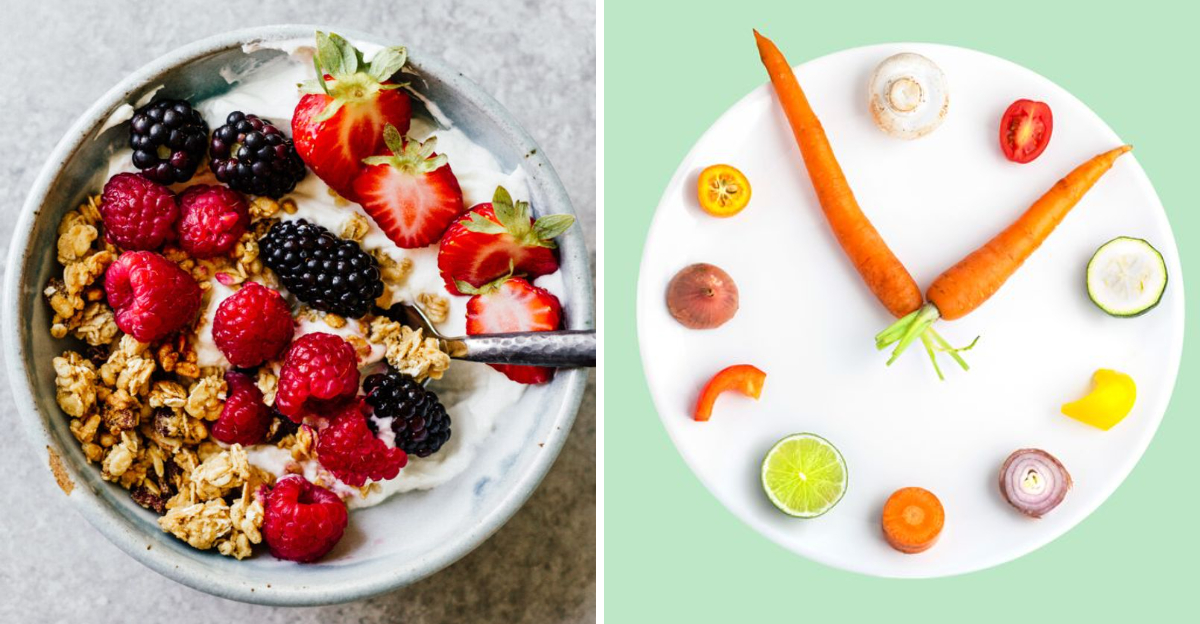
With so much nutrition advice floating around, it’s easy to get misled by well-meaning but totally outdated ideas. Some “healthy” habits aren’t as helpful as they seem, while others are flat-out wrong. To help clear things up, we’re breaking down 20 widespread myths that deserve to be kicked to the curb once and for all.
1. Carbs Are Always Bad for You
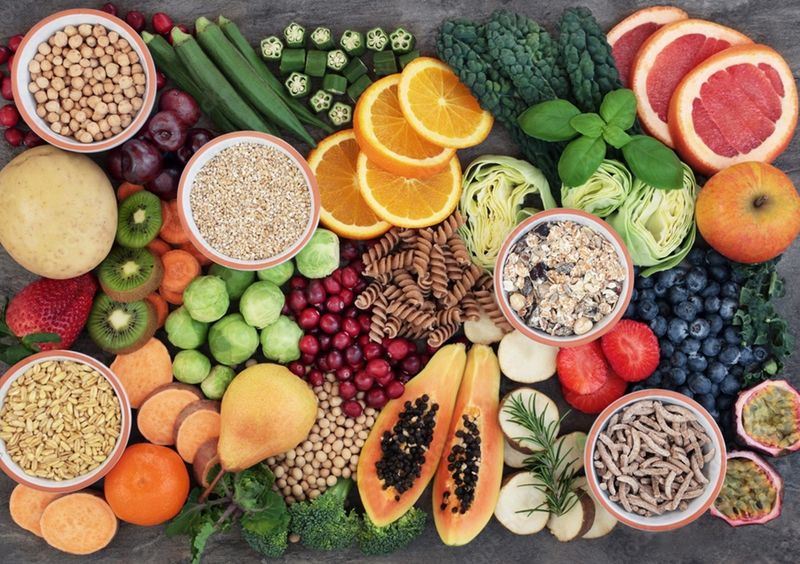
Picture this: a dinner table laden with vibrant fruits, hearty legumes, and wholesome grains. While carbs often get a bad rap, these whole carbs are packed with nutrients and vital fibers essential for a balanced diet. It’s the refined carbs that can cause trouble, leading to spikes in blood sugar levels.
Whole carbs, when consumed as part of a balanced meal, provide sustained energy and help maintain digestive health. They are not the enemy. Instead, they are an essential component of a nutritious diet. Choose wisely, and your body will thank you.
2. Eating Fat Makes You Fat
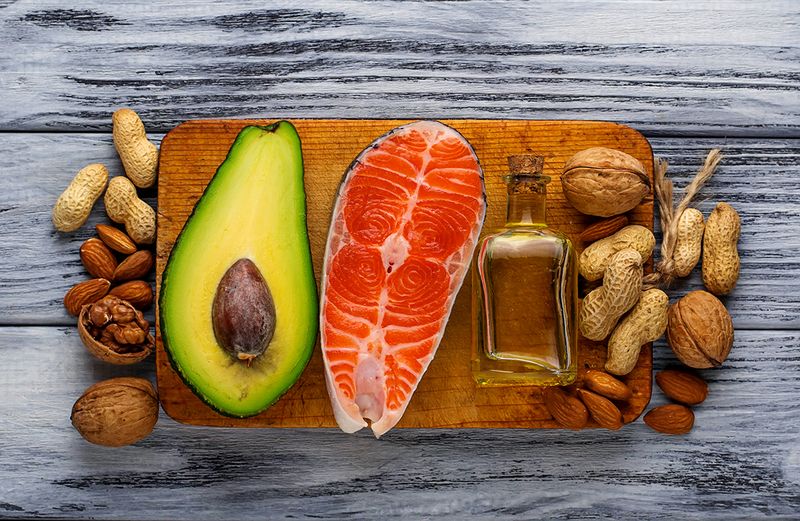
Imagine a rich, creamy avocado or a handful of crunchy almonds. Instead of fearing fats, embrace them! Healthy fats found in nuts, seeds, olive oil, and avocados contribute to satiety and hormone balance. These fats can even support weight loss when part of a balanced diet.
Monounsaturated and polyunsaturated fats play a crucial role in heart health. Incorporating these fats can enhance flavor, add texture to meals, and keep you full longer. Embrace the good fats, and enjoy the benefits beyond just taste.
3. Late-Night Eating Automatically Causes Weight Gain
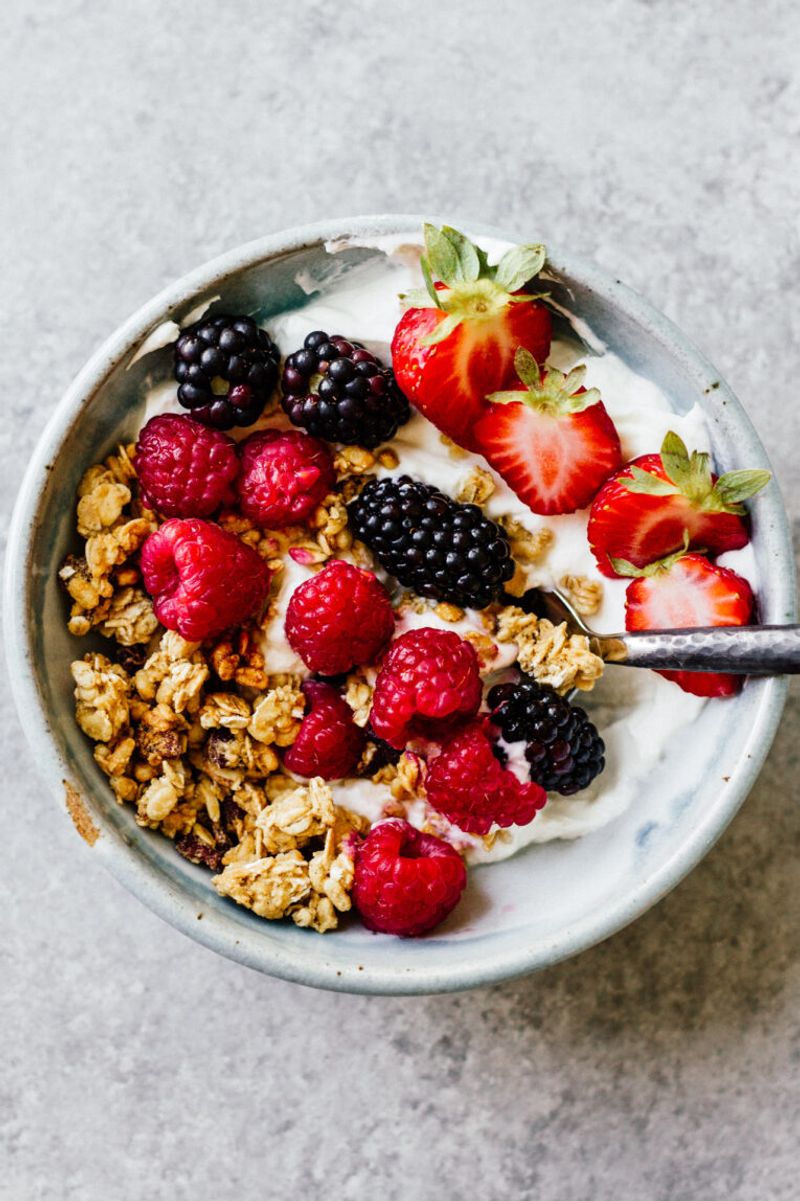
Picture yourself reaching for a late-night snack. Does that spell doom for your waistline? Not necessarily. It’s not just about when you eat but what and how much you consume. A wholesome snack like yogurt and berries can satisfy hunger without tipping the scale.
Timing is less important than overall dietary patterns. Eating mindfully and choosing nutritious options can prevent weight gain, regardless of the hour. So, enjoy that snack, guilt-free, when hunger strikes.
4. You Need to Detox with Juices

Enter the world of detox juices with caution. Juices promise a quick fix, but your liver and kidneys are already hard at work detoxifying naturally. Most juice cleanses are low in protein and fiber, leading to short-term energy spikes and crashes.
These cleanses often contain high sugar levels, which may counteract the intended benefits. Trust your body’s natural detox system and focus on balanced meals to support overall well-being. No juice cleanse required!
5. All Calories Are Created Equal
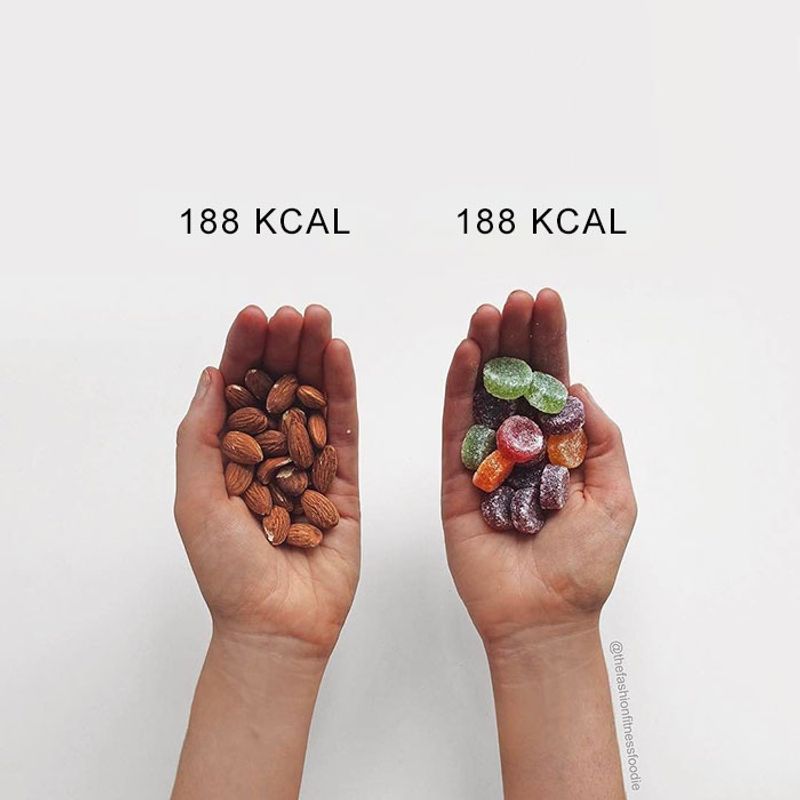
A calorie is a calorie, right? Not so fast. Imagine 100 calories from candy versus 100 from almonds. While equal in energy, they impact the body differently. Almonds provide fiber, healthy fats, and protein, promoting satiety and nutrition.
Candy, on the other hand, offers a quick sugar rush without lasting benefits. Quality matters more than quantity. Opt for nutrient-dense foods to fuel your body effectively and keep energy levels stable throughout the day.
6. Eating Frequently Boosts Your Metabolism
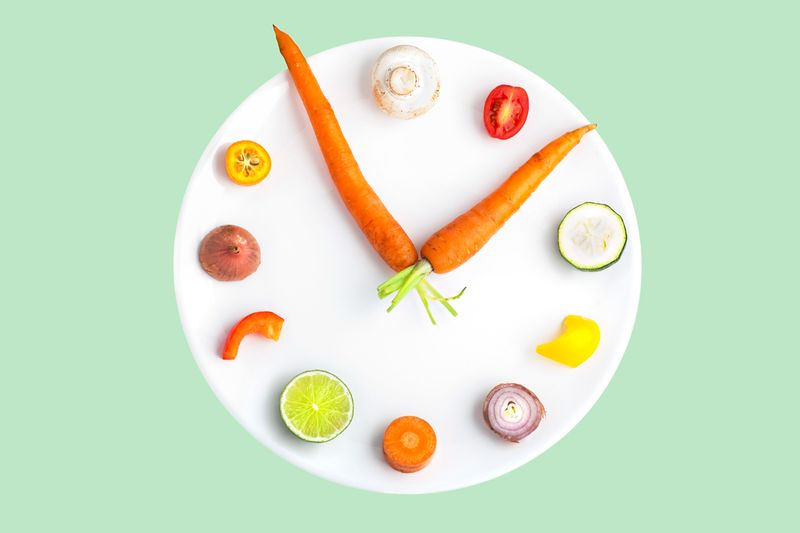
Consider this common belief: eating multiple small meals revs up your metabolism. In truth, it’s your total caloric intake that matters. Frequent eating doesn’t guarantee more calories burned.
Focus on balanced meals that satisfy rather than the frequency alone. This approach can enhance metabolic health without the burden of constant eating. Prioritize quality over quantity, and your metabolism will function optimally.
7. Gluten-Free Means Healthier

Picture a gluten-free label enticingly displayed on a box of cookies. Does this mean health? Not necessarily. Unless diagnosed with celiac disease or sensitivity, gluten-free products offer no special benefits.
Many gluten-free foods are highly processed and lack essential nutrients. Focus on whole foods and balanced diets instead of relying on marketing trends. The key is to choose wholesome ingredients, whether gluten is present or not.
8. Organic = More Nutritious
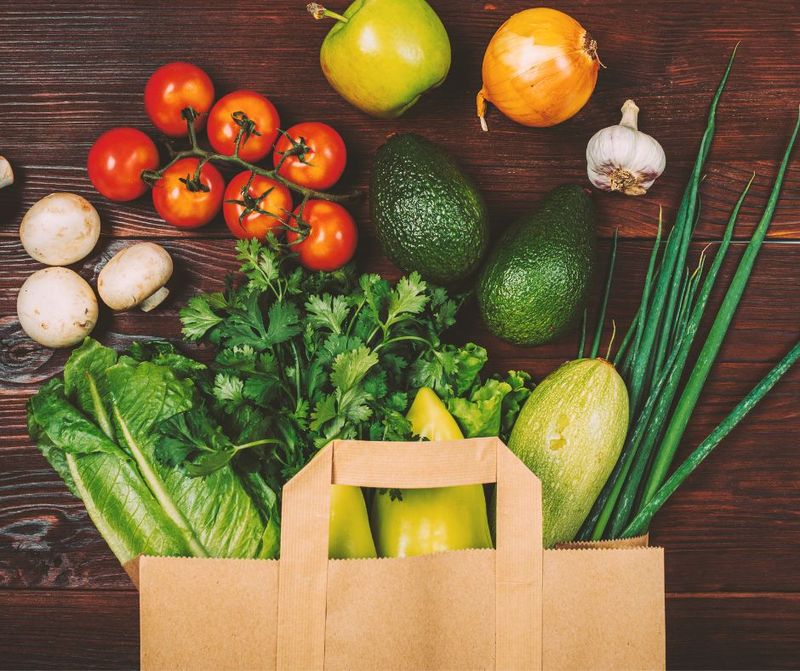
Imagine reaching for an organic apple, expecting a nutrient boost. While organic foods are grown without synthetic pesticides, they aren’t inherently more nutritious than conventional counterparts.
The choice between organic and non-organic should focus on personal values and environmental impact, not nutrient content. Both organic and conventional produce can be part of a healthy diet. Prioritize variety and freshness to get the most out of your meals.
9. Egg Yolks Are Bad for Your Heart

Visualize a sunny-side-up egg, yolk gleaming invitingly. Despite past concerns, whole eggs are nutrient-rich and have minimal impact on blood cholesterol for most people.
Eggs offer essential vitamins and high-quality protein. Including them in your diet can support heart health and overall nutrition. Enjoy eggs as part of a varied diet without fear of harming your heart.
10. Skipping Breakfast Is Always Bad
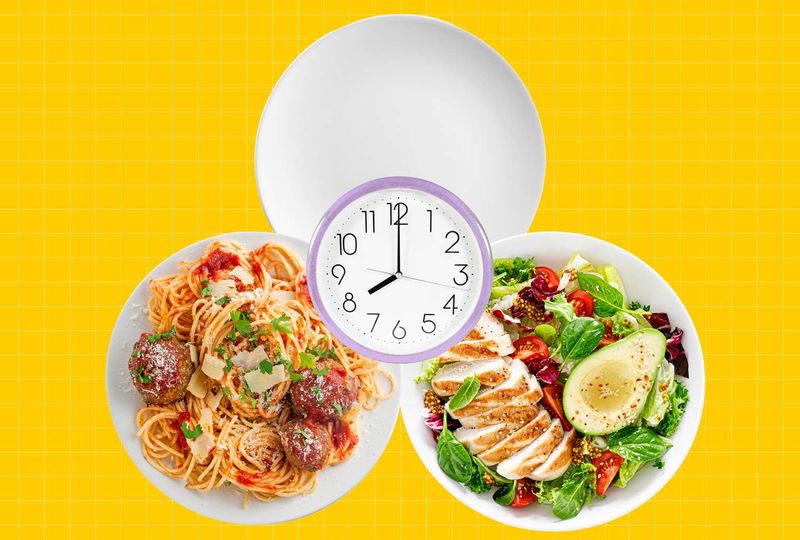
Picture an empty breakfast plate with time ticking away. Skipping breakfast isn’t universally detrimental. For some, intermittent fasting aligns with lifestyle needs and health goals.
Focus on balanced meals and nutrient intake throughout the day. Breakfast isn’t a requirement for everyone; it’s more about personal preference and nutritional balance.
11. Fresh Produce Is Always Healthier Than Frozen
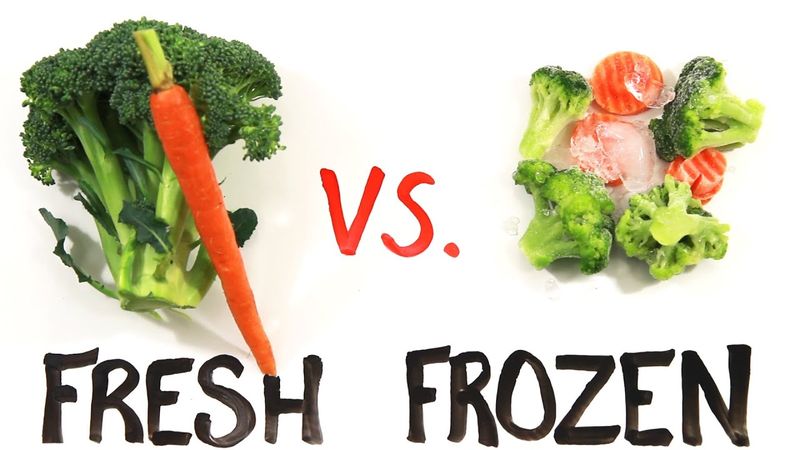
Visualize a vivid carrot on one side and a frosty bag of carrots on the other. Fresh isn’t always best. Frozen fruits and vegetables are picked at peak ripeness, locking in nutrients.
The longer fresh produce travels or sits in storage, the more nutrients it can lose. Frozen can often offer a more nutrient-dense choice, especially when fresh options are out of season. Evaluate freshness over form for the best nutrition.
12. Natural Sugar Is Totally Fine

Picture a jar of honey alongside sugar cubes. While natural sugars like honey or agave may seem healthier, they still impact blood sugar similarly to refined sugars.
Moderation is key. Excessive natural sugar consumption can lead to the same health concerns as regular sugar. Focus on minimizing added sugars and embracing whole fruits for natural sweetness without compromising health.
13. You Must Count Calories to Lose Weight

Imagine a scale balancing calories on one side and wholesome foods on the other. Counting calories isn’t the sole path to weight loss success.
Quality of food, hunger awareness, and lifestyle habits play pivotal roles. Instead of numbers, tune into body signals and choose nutrient-rich options. This holistic approach encourages sustainable weight management without obsession over numbers.
14. Plant-Based = Automatically Healthy
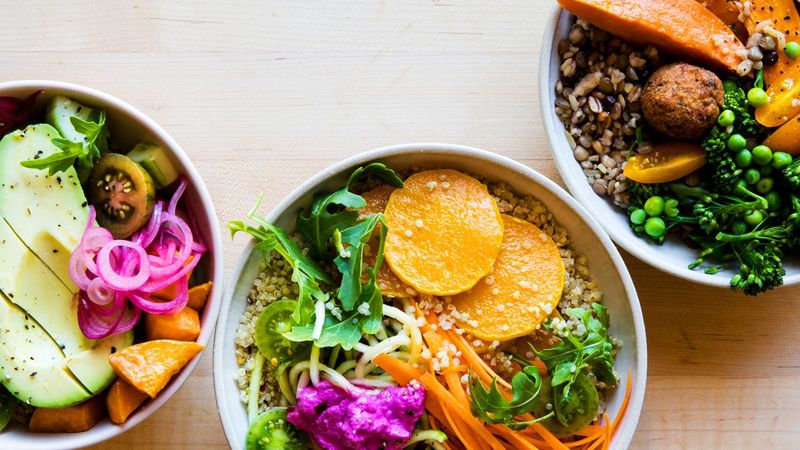
Picture a plant-based burger alongside fresh greens. While plant-based diets can be nutritious, they aren’t inherently healthy.
Processed plant foods, like any processed food, can lack essential nutrients. Balance is key. Embrace whole, minimally processed plant foods to reap the full benefits of a plant-based lifestyle.
15. You Can “Burn Off” a Bad Diet With Exercise

Visualize a treadmill flanked by a burger and salad. Exercise complements a healthy diet but can’t erase poor eating choices.
Nutrition provides the foundation, while exercise enhances overall health. Focus on balanced meals and regular activity for optimal wellness. It’s a synergistic relationship, not a compensatory one.
16. Brown Sugar Is Better Than White Sugar

Envision a spoonful of brown sugar beside white sugar. Despite the natural allure, brown sugar is merely white sugar with molasses.
The nutritional differences are minimal. Choose based on flavor preference, not perceived health benefits. Both should be consumed in moderation, as excessive sugar intake can lead to health issues.
17. Salads Are Always Healthy

Picture a creamy-dressed salad sprinkled with fried toppings. Not all salads are created equal. Some can be calorie-laden and nutrient-poor.
Focus on fresh vegetables, lean proteins, and light dressings. This approach ensures salads are truly wholesome and beneficial to health. Balance is key to a nutritious salad experience.
18. Sea Salt Is Lower in Sodium

Visualize a container of sea salt beside a table salt shaker. The difference? Not much in terms of sodium content.
Sea salt crystals may be larger, but sodium levels are comparable to table salt. Choose based on culinary preference, not health advantage. Moderation is vital to maintain heart health.
19. Protein Bars Are Always Good for You
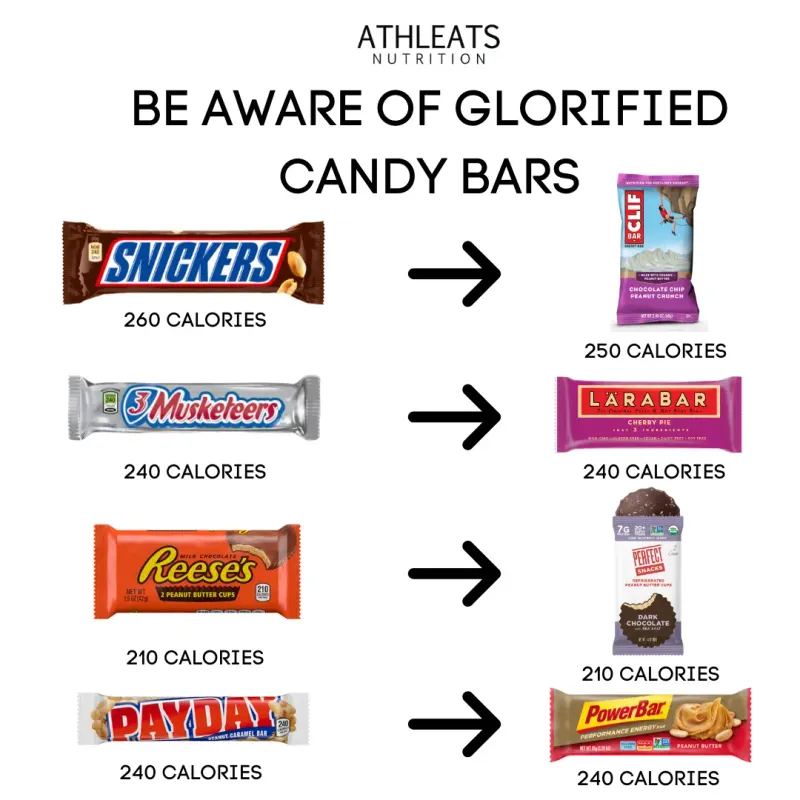
Imagine unwrapping a protein bar to reveal a candy bar. Many protein bars are sugary and processed, masking as health foods.
Check ingredients and sugar content to ensure true nutritional value. Opt for whole food snacks for quality protein and sustained energy without hidden sugars.
20. Eating Healthy Is Too Expensive
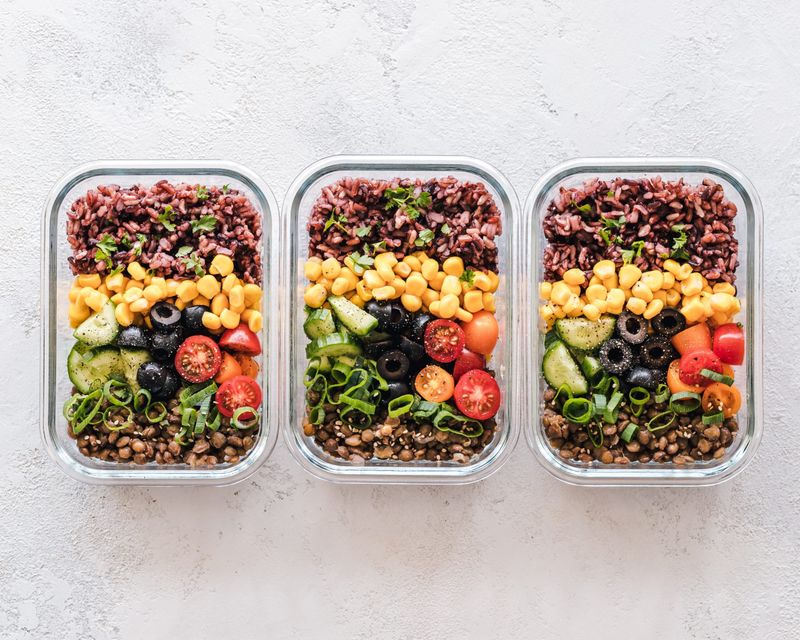
Picture a cart filled with beans, rice, oats, and veggies. Eating healthy doesn’t have to break the bank.
Affordable staples like beans, rice, and frozen vegetables offer nutrition without hefty price tags. Planning meals can stretch budgets and promote health. It’s about smart choices, not extravagant spending.
